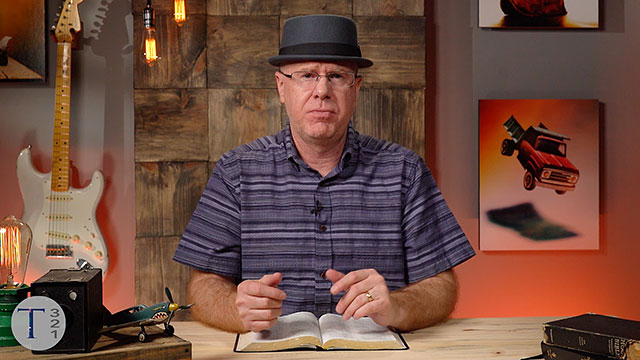Morality

Morality Defined
Morality speaks of a system of behavior in regards to standards of right or wrong behavior. The word carries the concepts of: (1) moral standards, with regard to behavior; (2) moral responsibility, referring to our conscience; and (3) a moral identity, or one who is capable of right or wrong action. Common synonyms include ethics, principles, virtue, and goodness. Morality has become a complicated issue in the multi-cultural world we live in today. Let's explore what morality is, how it affects our behavior, our conscience, our society, and our ultimate destiny.
Morality and Our Behavior
Morality describes the principles that govern our behavior. Without these principles in place, societies cannot survive for long. In today's world, morality is frequently thought of as belonging to a particular religious point of view, but by definition, we see that this is not the case. Everyone adheres to a moral doctrine of some kind.
Morality as it relates to our behavior is important on three levels. Renowned thinker, scholar and author C.S. Lewis defines them as: (1) to ensure fair play and harmony between individuals; (2) to help make us good people in order to have a good society; and (3) to keep us in a good relationship with the power that created us. Based on this definition, it's clear that our beliefs are critical to our moral behavior.
On Point 1, Professor Lewis says most reasonable people agree. By Point 2, however, we begin to see problems occurring. Consider the popular philosophy "I'm not hurting anyone but myself," frequently used to excuse bad personal choices. How can we be the good people we need to be if we persist in making these choices, and how will that result not affect the rest of our society? Bad personal choices do hurt others. Point 3 is where most disagreement surfaces. While the majority of the world's population believes in God, or at least in a god, the question of Creation, as a theory of origins, is definitely hotly debated in today's society.
A recent report in Psychology Today concluded: "The most significant predictor of a person's moral behavior may be religious commitment. People who consider themselves very religious were least likely to report deceiving their friends, having extramarital affairs, cheating on their expenses accounts, or even parking illegally." Based on this finding, what we believe about Creation has a decided effect on our moral thinking and our behavior. Without belief in a Creator, the only option that seems to be left is to adhere to moral standards we make up for ourselves. Unless we live in a dictatorial society, we are free to choose our own personal moral code. But where does that freedom come from? The view of many who do not adhere to Creation is that morality is a creation of humanity, designed to meet the need of stable societies. All kinds of life are in a process of deciding between life and death, choosing what to do with power and/or authority. This ultimately leads to a system of virtues and values. The question is: what happens when our choices conflict with each other? What if something I believe I need in order for my life to continue results in death for you? If we do not have an absolute standard of truth, chaos and conflict will result as we are all left to our own devices and desires.
Morality and Our Conscience
Morality impacts our everyday decisions, and those choices are directed by our conscience. Again, we must decide for ourselves where the conscience originates. Many people hold to the idea that the conscience is a matter of our hearts, that concepts of right, wrong, and fairness are "programmed" in each of us. This is in keeping with the writings of Paul the Apostle, who points out that even those who do not believe in God frequently obey God's laws as given in the Ten Commandments: "for when Gentiles, who do not have the law, by nature do the things in the law, these, although not having the law, are a law to themselves, who show the work of the law written in their hearts, their conscience also bearing witness, and between themselves their thoughts accusing or else excusing them" (Romans 2:14-15, NKJV). Again, those who do not believe in God are left with the only possible conclusion they can come to - that our decisions are based solely on our need to survive. What we call our conscience, then, would be based on learned behavior, rather than part of a Divine design.


